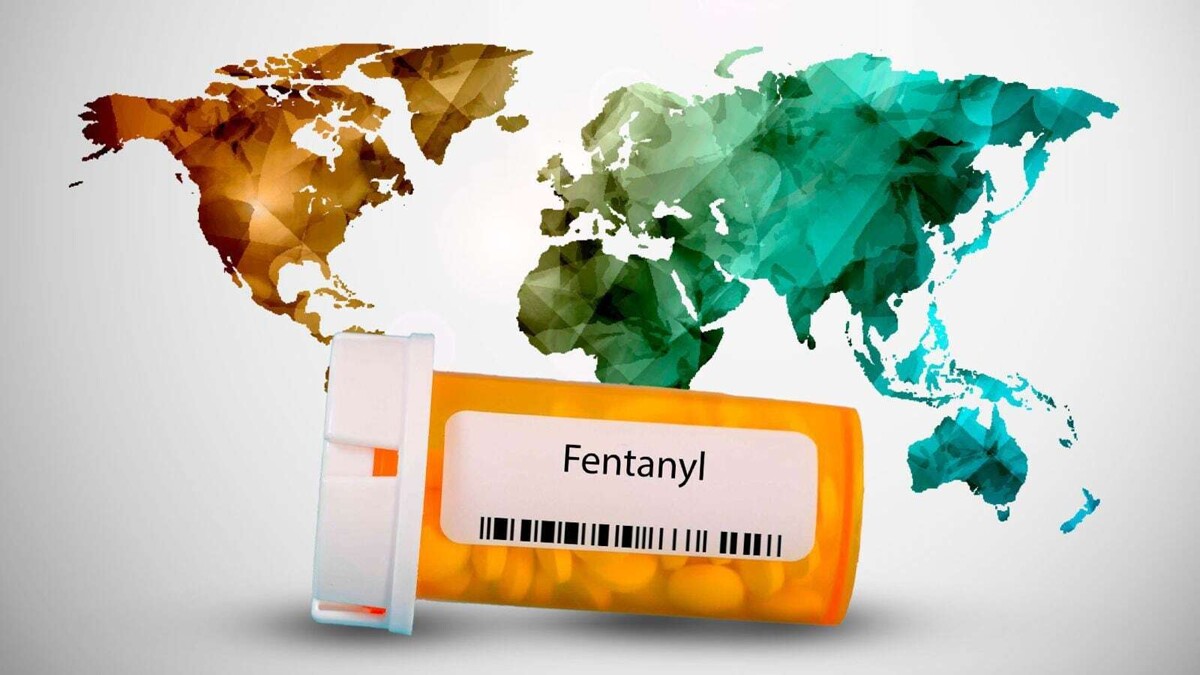
The precursors of fentanyl, mostly from China and India, are sent to Mexican cartels through courier services and international mail. According to the DEA, these substances have a purity that often exceeds 90% and an average weight of less than one kilogram. Despite measures imposed by China and Hong Kong to prevent the illegal transport of fentanyl chemical precursors, criminal organizations have found ways to evade the restrictions.
In 2019, the Chinese government committed to investigate the production regions of fentanyl, control websites advertising its sale, and enforce transportation regulations more strictly. On the other hand, U.S. authorities have identified India as an emerging source of powdered fentanyl and chemical precursors, sent to Mexican cartels for processing and distribution.
The main Mexican cartels responsible for fentanyl receive the precursors at strategic ports such as Lázaro Cárdenas, Manzanillo, and Madero. Criminal organizations like the Sinaloa Cartel and the Jalisco New Generation Cartel are responsible for transporting these chemicals to clandestine laboratories where the drug is produced. Reports reveal the existence of narcolaboratories in Sinaloa, Baja California, and Chihuahua.
Once produced, fentanyl is smuggled across the border into the United States in large volumes and low concentrations, often below 10%. Canada has been identified as a key point in the fentanyl trafficking, serving as a transit route for the drug before being sent to the United States, due to its geographic proximity. Canadian authorities have dismantled 'superlabs' of fentanyl, seizing large quantities of the substance.
Donald Trump has expressed concern about the trafficking of fentanyl into the U.S., identifying China and India as the main exporters of the precursors for this drug. The Trump administration sought to impose tariffs on countries involved in the production and transport of fentanyl. Recently, Mexico and Canada agreed with the U.S. on a month-long pause in the imposition of tariffs while implementing security operations at their borders to combat fentanyl trafficking and illegal migration. Trump established a 10% tariff on Chinese products.










